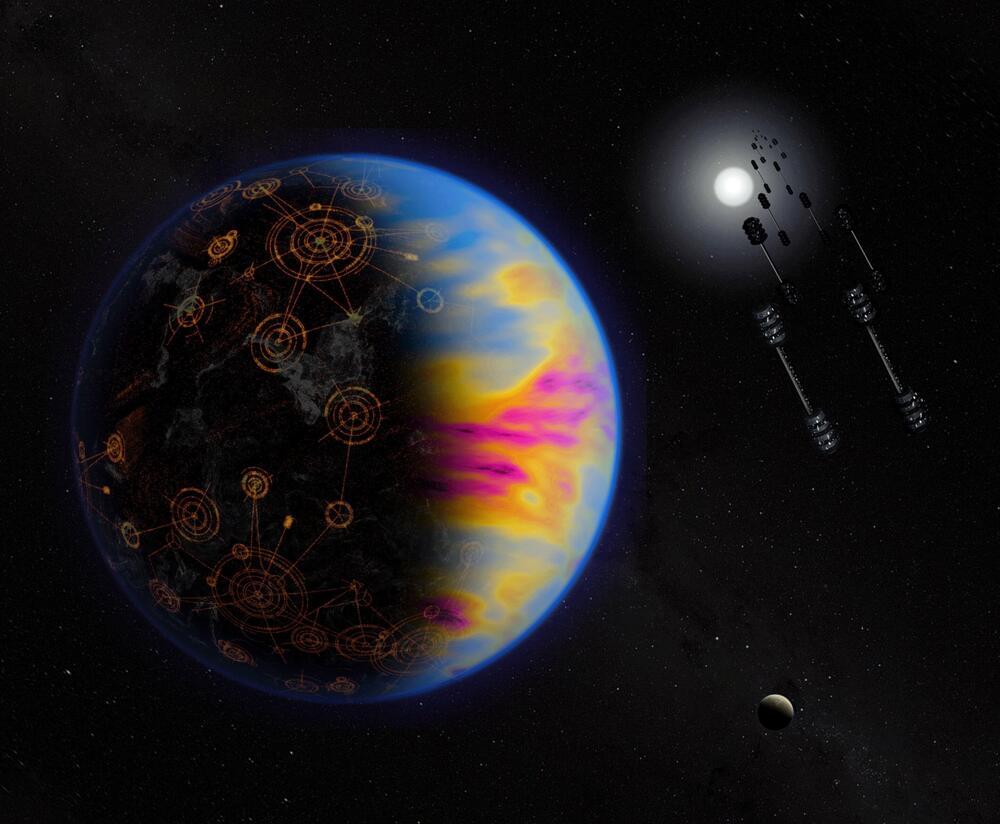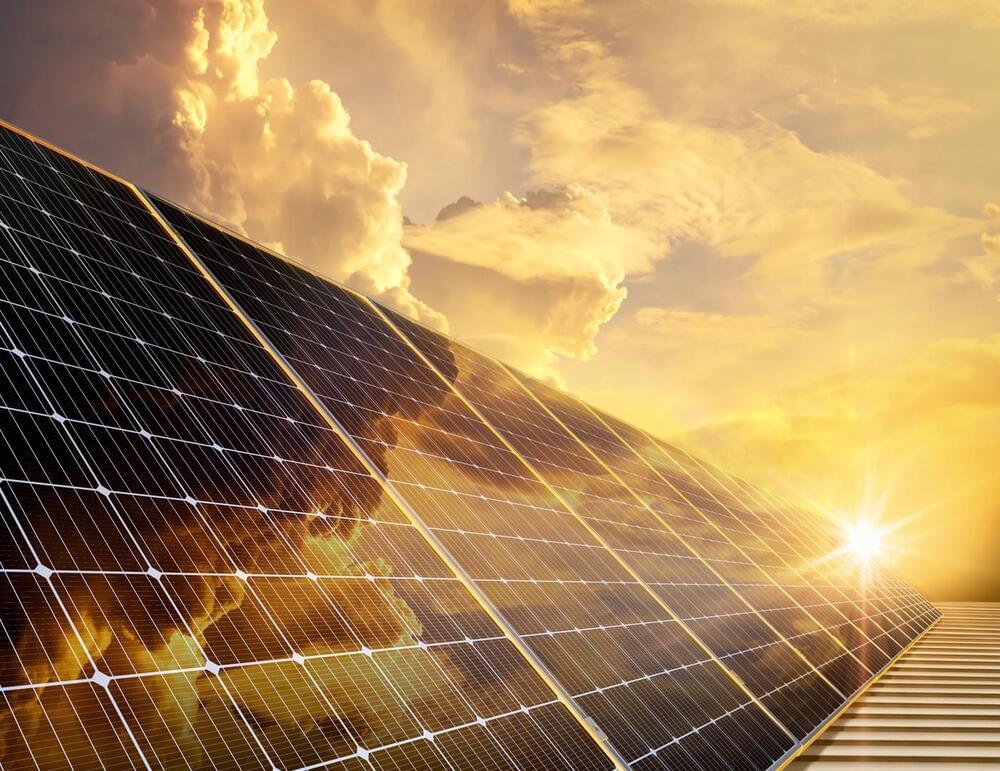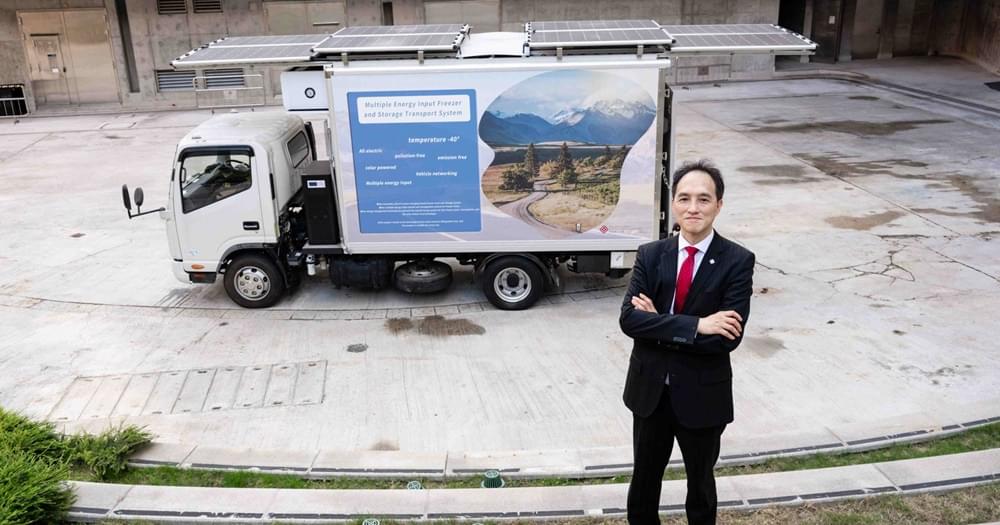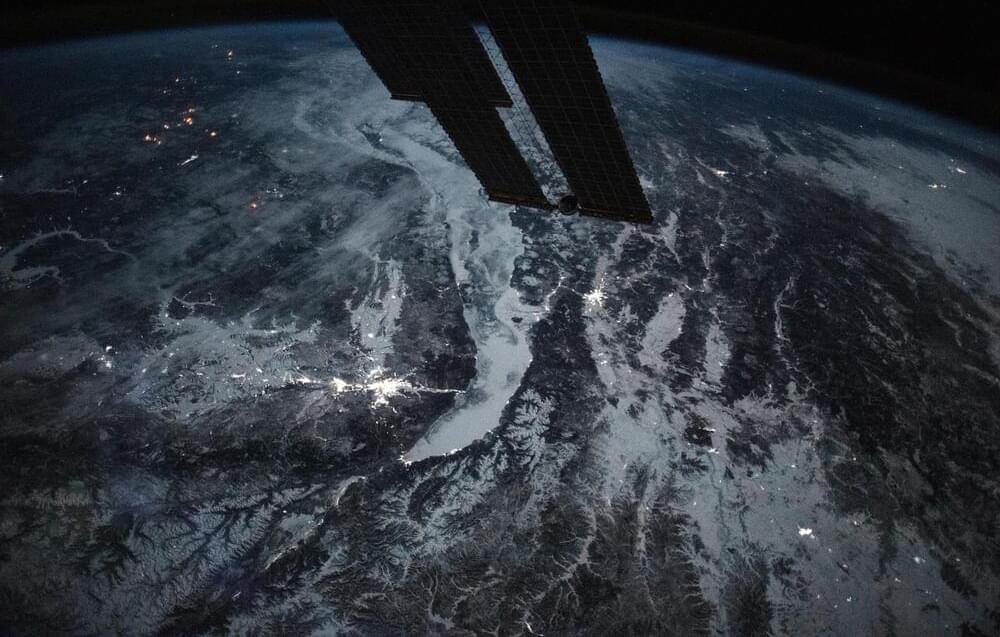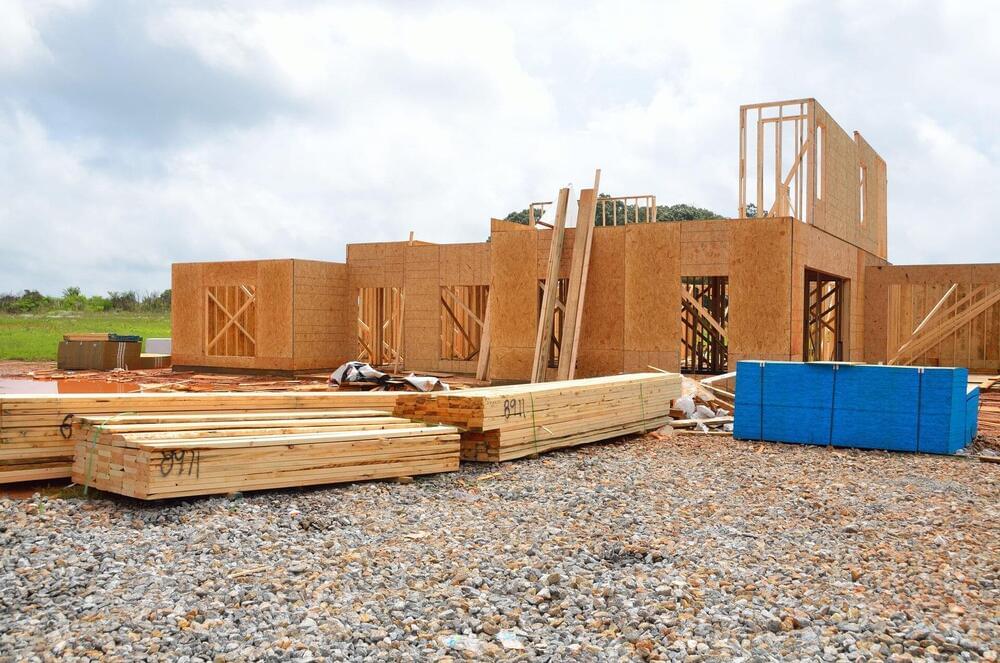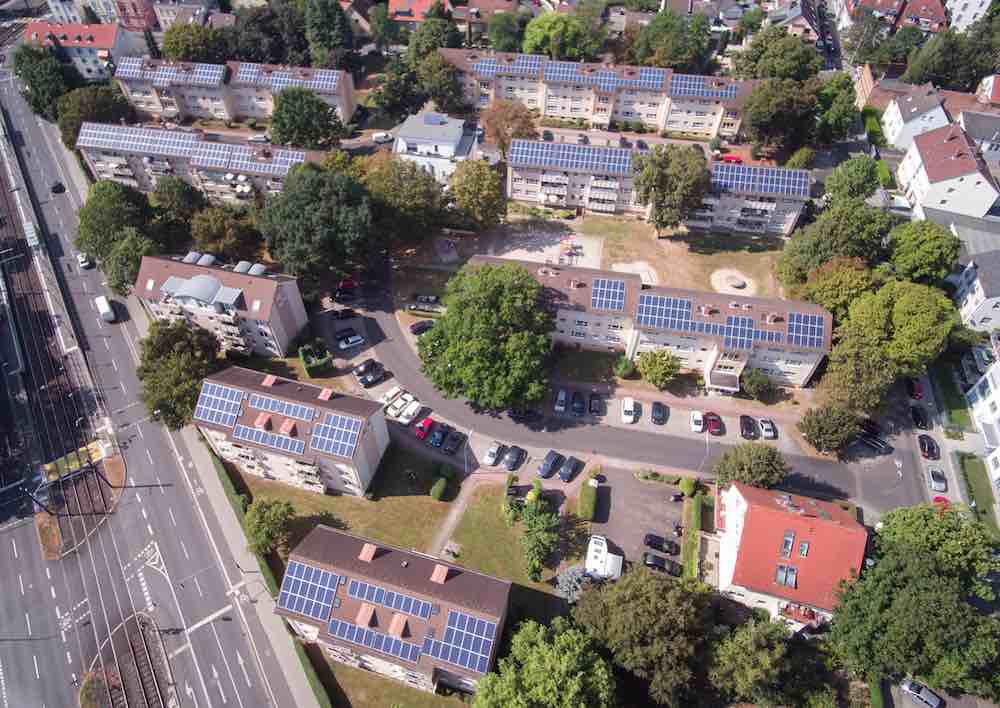The transport sector is a significant contributor to greenhouse gas emissions in Hong Kong, accounting for 19% of total emissions. Supporting the development of green transport can help reduce air pollutant emissions. The Hong Kong Polytechnic University (PolyU) is committed to promoting research into green technologies to support Hong Kong’s goal of reducing the City’s total carbon emissions from the 2005 level by half before 2035 and achieving carbon neutrality before 2050.
A research team led by Prof. Eric Cheng, Professor of the Department of Electrical and Electronic Engineering at PolyU, received support from the “Innovation and Technology Support Program (Mid-stream, theme-based)” last June for the research project “Smart Refrigeration Truck Development Program—Power, Solar and Intelligence Method for Logistics and Storage.” The project is aimed at promoting the transformation of freezer trucks from traditional fuel driven freezer system to smart electric driven and strengthening the wider adoption of solar energy.
After one year, the PolyU team has successfully developed a novel freezer truck that supports a solar-powered freezer system and features vehicle-connected power storage and sharing technology. The project has received staunch support from the government, academia and industry, including from Sunlight Eco-tech Limited, Advanced Sunlight Pty Limited from Australia, and the Electrical and Mechanical Services Department.
